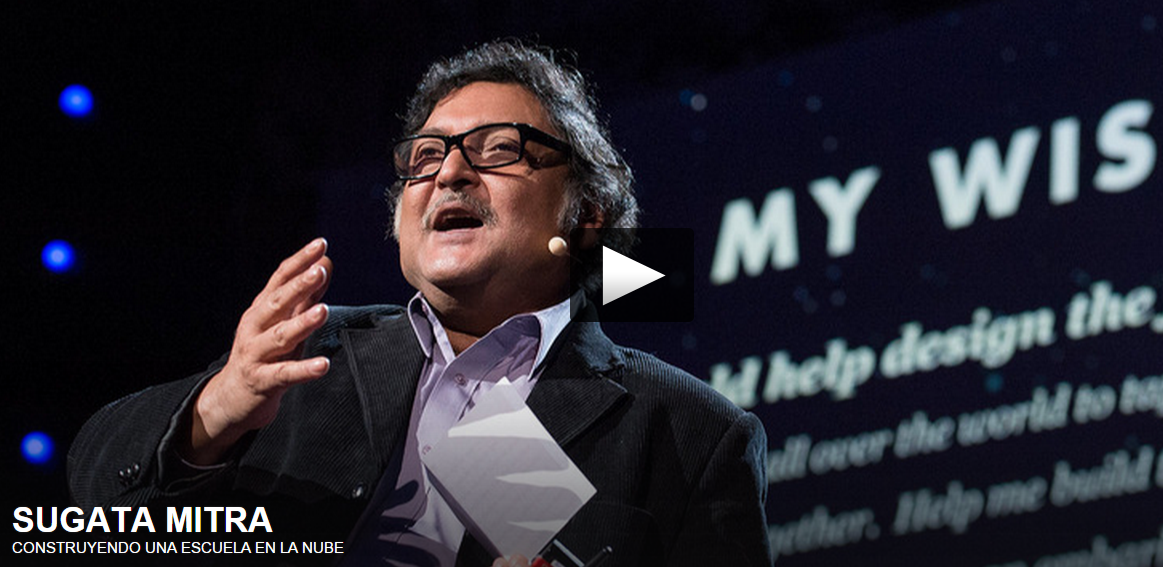Originally published on the blog of Connecting Brains.
What if we would install a computer in a place they have never seen one, we started it on and we left?
Sugata Mitra did the experiment and named it “the hole in the wall”. He installed a computer in a poor neighbourhood of New Delhi, in India, one meter from the ground. When some children passed through there -children that hardly went to school and did not speak English-, asked what it was, he said he did not know and left. He repeated the operation in different parts of the country. Soon after, children had become expert surfing Internet, downloaded files, had enough learned English to manage computers without problems, taught each other … and even they said they needed a faster processor and a mousse again.
What was intended to demonstrate this experiment?
“My wish is to help shape the future of education helping children around the world to develop their innate sense to question things and to cooperate”, says Sugata Mitra. Clearly the education system as we know it today doesn’t motivate children and nor fosters their creativity, but, on the contrary, tends to nullify it. Traditional methods, based in uniformed learning, tests in which they disgorge content and punishment to failure, no longer work. In a world in which anything we want to know we can find it in two minutes, it is necessary to devise a non-threatening model for children, to stimulate their intelligence and to invite them to discover what they really want to learn.
What does Mitra propose?
His project is the School in the cloud, and he won the 2013 TED prize of one million dollars. Involves the construction of a learning laboratory, physically settled in India, where children can embark on intellectual adventures with the help of an adult online mediator, based on the principles of commitment and cooperation. At School in the cloud, working cores are SOLE (Self Organized Learning Environment), self-organizing systems in which a structure develops without explicit intervention from outside. These involve communities, parents, schools and others to flourish worldwide SOLEs and get to learn how to change the learning process imposed on children.
What needs to change the system?
To 1,000 million children, we need 100 million online mediators, 10 million SOLEs, USD 180,000 million and 10 years. Mitra says that with these resources we could change everything. And finally we could achieve on tapping that big capital we have in the imagination and the immense learning capacity of children. 
